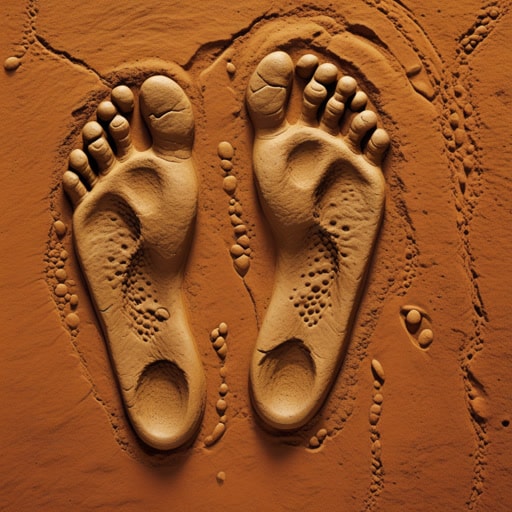单词 hominid 的中文意思、词根、词缀、翻译、同义词、反义词、短语、例句
🎧 音标
🔈美式发音:/ˈhɑːmɪnɪd/
🔈英式发音:/ˈhɒmɪnɪd/
📖 详细的单词含义
- 名词 (n.):人科动物,包括人类及其已灭绝的近亲
例句:The study of hominids helps us understand human evolution.(对人类的研究帮助我们理解人类的进化。)
🌱 词根、词缀
词根:来自拉丁语 'homo'(人)和 '-id'(表示“类似”的后缀),意为“类似人的生物”
💡 联想记忆
联想到考古学家在挖掘现场发现古老人科动物化石的场景。
📜 同义词、反义词记忆
同义词:
- 名词: hominin , humanoid
反义词:
- 名词: non-hominid , non-human
✍️ 短语记忆
- early hominids(早期人科动物)
- hominid fossils(人科动物化石)
📝 例句记忆
- 名词:Fossil evidence suggests that hominids first appeared in Africa.(化石证据表明人科动物最初出现在非洲。)
📚 故事记忆
英文故事:
In the vast plains of Africa, archaeologists discovered a set of ancient hominid footprints. These footprints, preserved in the hardened clay, told a story of early hominids walking upright, a significant step in human evolution. The discovery prompted further research into the origins of our species, leading to a deeper understanding of our ancestors and their way of life.
中文故事:
在非洲广阔的平原上,考古学家发现了一组古老的人科动物脚印。这些保存在硬化泥土中的脚印,讲述了一个早期人科动物直立行走的故事,这是人类进化中的一个重要步骤。这一发现促使人们进一步研究我们物种的起源,从而更深入地了解我们的祖先及其生活方式。
🖼️ 图片记忆
